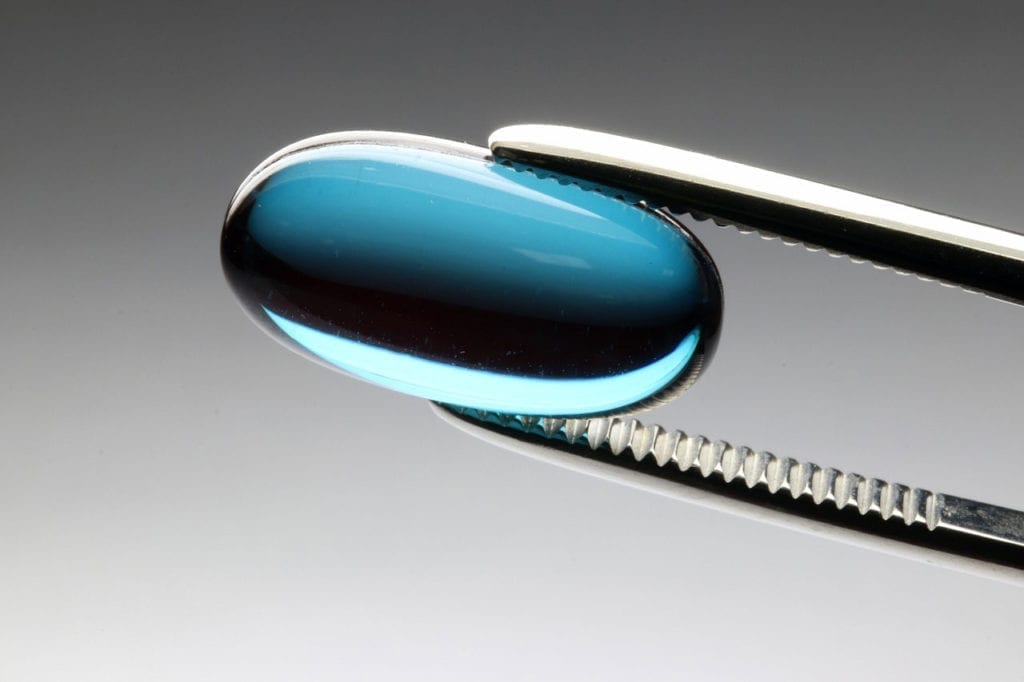This year, at the 2020 CNS-ICNA Conjoint Meeting, researchers identified ataluren as a potential treatment that inhibits disease progression for patients with nonsense mutation Duchenne muscular dystrophy (nmDMD). Research suggests that the therapy delays pulmonary decline. Additionally, ataluren may help patients be able to walk and move on their own, without assistance, for longer. However, researchers advocate for a longer clinical trial or study to determine the full scope of the therapy’s effect on pulmonary function. Find Abstract PL69 here.
Duchenne Muscular Dystrophy (DMD)
Generally, Duchenne muscular dystrophy (DMD) is inherited in an X-linked recessive pattern. Basically, this means that mothers carry the DMD genetic mutation and then pass it down. Because of its X-linked pattern, DMD occurs significantly more in males than in females. In fact, DMD occurs in 1 in 3,500 male births and only 1 in 50 million female births.
DMD is one of nine types of muscular dystrophy. In this case, patients are unable to make dystrophin in their muscles. This causes progressive muscle weakness which may lead to quadriplegia or even heart and respiratory distress. According to Parent Project Muscular Dystrophy (PPMD), there are multiple forms of gene mutations causing DMD: large deletions, large duplications, and point mutations. Nonsense mutations are considered the latter group and make up about 15-30% of all DMD diagnoses. PPMD further explains:
A nonsense mutation is a single change in the Duchenne gene that creates a “premature stop codon”, which basically stops production of the dystrophin protein too early in the process and results in a non-functioning protein.
Symptoms generally appear before a child turns 6. These symptoms include:
- Frequent falling
- Difficulty walking, running, getting up, or moving positions
- Fatigue
- Difficulty with motor skills
- Progressive muscle weakness that begins in the legs, thighs, and pelvis
- Intellectual and developmental delays
- Heart disease
- Respiratory failure
Learn more about DMD.
Ataluren
Developed by PTC Therapeutics, ataluren:
is a novel, orally administered small-molecule compound for the treatment of patients with genetic disorders due to a nonsense mutation. Ataluren is approved within the European Union (EU) Member States, Iceland, Liechtenstein, Norway, Israel and South Korea under the trade name Translarna™ for the treatment of nmDMD in ambulatory patients aged five years and older. Translarna is the first treatment approved for the underlying cause of DMD.
So far, the therapy has received Orphan Medicinal Product (EU) and Orphan Drug (US) designations. To source their data on the therapy’s efficacy for patients with nmDMD, researchers held a Phase 3 safety study. Known as Study 019, researchers analyzed pulmonary function and ambulation in patients taking ataluren to those receiving the normal standard of care. The study analyzed this for up to 240 weeks (55 months // approx. 4.5 years).
Ultimately, the study found that patients who took ataluren and the standard of care had better ambulation than those receiving just the standard of care. Patients taking ataluren required movement assistance at an average age of 15.5 years old. However, those receiving standard of core required assistance around 13.3 years old.
Read the source article here.








